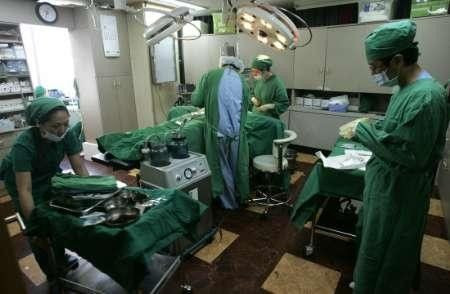New York Man Received $117,000 Bill From A Mystery Doctor

Peter Dier, a bank technology manager, had a three-hour neck surgery for herniated disks last December. Before that, he went on to sign a number of consent forms.
He had done his research about insurance coverage and when his bills were then prepared, a $56,000 from Lenox Hospital in Manhattan, $4,300 from his anaesthesiologist and $133,000 from his orthopedist had arrived, reported New York Times. He was surprised, though, at receiving a bill of around $117,000 from a mystery doctor who is an 'assistant surgeon', a neurosurgeon that Peter does not remember meeting.
Mr. Drier, a resident of New York City, said that he thought he understood the risks, but then he was wrong as he had no choice and couldn't negotiate power. His primary surgeon was Dr. Nathaniel L. Tindel who had told him that he would accept a negotiated fee that came up to $6,200.
The assistant doctor, Dr. Harrison T. Mu, though, went on to charge a massive $117,000. Experts from the insurance companies said that occasionally, surgeons and assistants shared the proceeds from a surgery. Dr. Tindel's office confirmed that he and Dr. Mu do not share profits.
Anthem Blue Cross Shield, his medical insurance company, said that they were aware that the additional cost was not Peter's fault and hence, should not be paying it. James. J. Donelon, an insurance commissioner from Louisana, said that when one tries to address such incidents as a policy maker, there is a chance of running into a nest of financial interests.
Another person who had a similar experience was Patricia Kaufman. After a back operation at a Long Island hospital, her husband had spent days sorting out the charges. Two surgeons who had sewed up her incision billed her more than $250,000. Initially, her insurers paid the plastic surgeons $10,000 after that they sent the bill as a remainder. Ms. Kaufman refused to pay the bill.
A spokeswoman for America's Health Insurance Plans, Clare Krusing, said that the insurance examiners are not present in the room of surgery to find out why the second surgeon has taken part in the surgery. The insurers are said to have a limited ability to fight back.




















